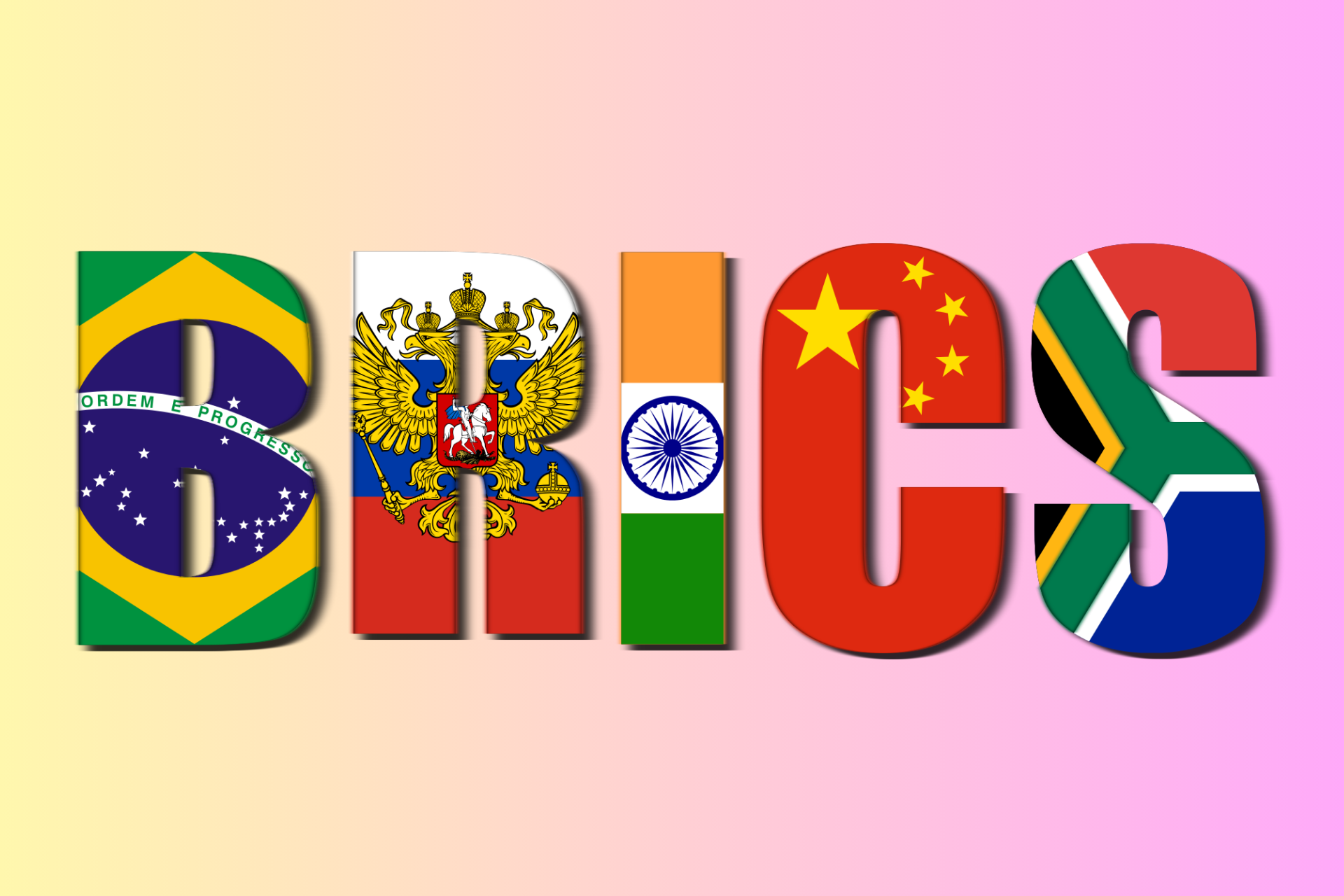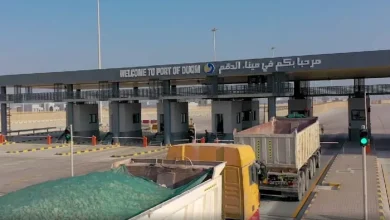BRICS+ in Rio: Expanded Bloc Gathers to Reshape Global Order Amid Internal Strains

RIO DE JANEIRO – As leaders from the newly expanded BRICS+ group of nations converge in Rio de Janeiro this week, they bring a bold agenda: to challenge the traditional Western-led global order and champion multilateralism in a world increasingly marked by division. However, as the bloc’s influence grows, so do the complexities of managing its diverse and sometimes competing interests.
The summit, held at Rio’s iconic Museum of Modern Art, marks a pivotal moment for the alliance. Originally comprised of Brazil, Russia, India, and China, the group has swelled to include South Africa, Egypt, Ethiopia, Iran, Saudi Arabia, the United Arab Emirates, and, for the first time at a leaders’ summit, Indonesia.
This expansion has transformed BRICS into a formidable force. “BRICS nations now represent over half the world’s population and 40% of its economic output,” Brazilian President Luiz Inacio Lula da Silva declared at a pre-summit business forum, positioning the group as a vital counterweight to rising protectionism.
A New Diplomatic Heavyweight
In a landscape where institutions like the G7 and G20 face gridlock, analysts and officials see BRICS stepping into a diplomatic void. The “America First” rhetoric and disruptive tariff policies associated with figures like Donald Trump have created an opening for an alternative voice.
“The vacuum left by others ends up being filled almost instantly by the BRICS,” noted one Brazilian diplomat.
Brazil, which is also hosting the UN climate summit in November, is leveraging the gathering to showcase the leadership of developing nations on critical issues. In a direct contrast to the rollback of climate initiatives in the U.S., Brazil is championing a “Tropical Forests Forever Facility.” Sources indicate that both China and the UAE have already expressed concrete interest in investing in the fund, signaling a tangible outcome of BRICS-led cooperation.
Growing Pains: Complexity and Key Absences
While the bloc’s diplomatic weight has undeniably increased, its rapid growth has introduced significant challenges. The inclusion of regional rivals and nations with vastly different political systems raises questions about the group’s ability to forge a unified path forward.
Highlighting these internal complexities, negotiators reportedly struggled to find common ground for a joint statement on contentious issues like the bombardment of Gaza and the Israel-Iran conflict.
The summit’s optics also reflect these strains. Chinese President Xi Jinping has opted to send his prime minister, a move that has tempered some of the event’s fanfare. Meanwhile, Russian President Vladimir Putin will participate remotely due to an outstanding arrest warrant from the International Criminal Court. Despite this, key figures like Indian Prime Minister Narendra Modi and South African President Cyril Ramaphosa are attending in person, underscoring the summit’s continued importance.
The Push for Institutional Reform
At the heart of the BRICS agenda is a persistent call for the reform of global financial and political institutions, including the International Monetary Fund and the United Nations Security Council. The group aims to secure a greater voice for the “Global South.”
In a display of pragmatic compromise, the bloc is set to endorse permanent Security Council seats for Brazil and India. To navigate internal differences among African members, the joint declaration will reportedly leave the specific nomination for an African representative open, a small but significant step in consensus-building.
The group is also expected to continue its pointed criticism of “unjustified unilateral protectionist measures,” a clear reference to U.S. tariff policies that have disrupted global trade.
As over 30 other nations express interest in joining, the Rio summit is not just a meeting—it’s a demonstration of a shifting world order. The question remains whether this diverse and ambitious bloc can transform its growing clout into cohesive and lasting influence.





